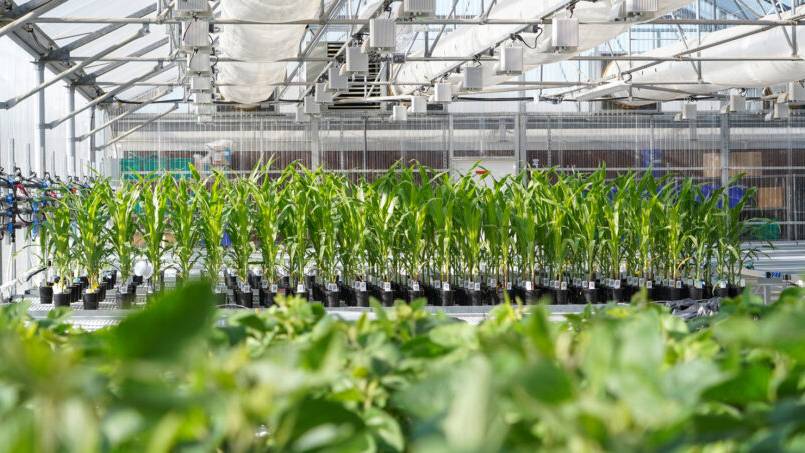FCI Trade Summit: How Access to Inputs Is Soaring in Tanzania

Dr. Mbette Mshindo Msolla, Tanzania country manager, African Fertilizer and Agribusiness Partnership
Tanzania is emblematic of how government and private sector intervention in smallholder farm enterprises has generated huge demand for quality farm inputs and in the process, transformed production systems at the grassroots level, said Dr. Mbette Mshindo Msolla, Tanzania country manager for the African Fertilizer & Agribusiness Partnership (AFAP), at the FCI Trade Summit – Africa in Dar es Salaam on May 13.
Msolla took through participants at the FCI Trade Summit through the current initiatives by AFAP in partnership with other NGOs and governments which he said have enabled smallholder farmers in many districts more than double their maize and rice output.
Tanzania’s government has in the recent past trained more than 3,835 agro-dealers, who have now formed an association from the regional to national level represented by the Tanzania National Agro-Dealers Association. The agro-dealers have now capitalized on the government-sponsored National Agricultural Inputs Voucher Scheme (NAIVS) to expand their operations in rural districts.
“The NAIVS has helped improve accessibility of agricultural inputs to grassroots level and create awareness to farmers on the need to use improved seeds and fertilizers,” he said.
Msolla told the forum, which included more than 35 agrochemical exhibitors, that the NAIVS has improved crop productivity for the main staple food crops of maize and rice, and in the process enhanced food security and boosted income generation for the farmers.
He said the program has created effective demand for both improved seeds and fertilizers, which in Tanzania has risen to 19.3 kgs/ha — more than double the Sub-Saharan Africa average of 8 kg/ha.
Since the subsidies voucher scheme was introduced there has been a notable increase in maize and rice production with maize output increasing from 0.5 tons/ha in 2007/2008 to 2 tons/ha today.
Rice yields have also increased from 0.8 tons/ha to 2.5 tons/ha under rain-fed conditions and in some cases reaching 4 tons/ha under irrigation.
These increased yields have created appetite for quality farm inputs hence expanding opportunities for agro-dealers in the East African nation.
Easing Lending
Tanzania is also empowering farmers to access agrochemicals through its Agricultural Inputs Trust Fund, a semi-autonomous agency that provides loans to boost agricultural production at low interest rates. The agency loans smallholder farmers at the interest rate of 8% compared to the commercial bank rate of 20%.
Private sector participation has also been critical in ensuring these government initiatives succeed in improving the nutrient use in increasing crop production in Tanzania.
Msholla said that input supply companies in the country have now identified agro-dealer agents across the country to ensure that seeds, fertilizers and chemicals “are accessible to farmers closer to where they are needed for use.”
“Majority of input supplies companies have employed agronomists to provide extension services to both extension staff and farmers on better inputs application,” he said.
He lauded the One Acre Fund, an NGO that supports farmers’ access to maize. The NGO provides fertilizer credits of between 0.8ha and 0.4ha at an interest rate of about 1% in the populous Tanzanian district of Iringa where about 7,000 farming households have benefitted from the scheme. The farmers usually pay back the credit within six months.
“Farmers have been able to double or treble maize yields,” said Msolla.
“Through all these initiatives, farmers are getting better production and productivity and economic gain by having an assured market for whatever surplus they produce.”





